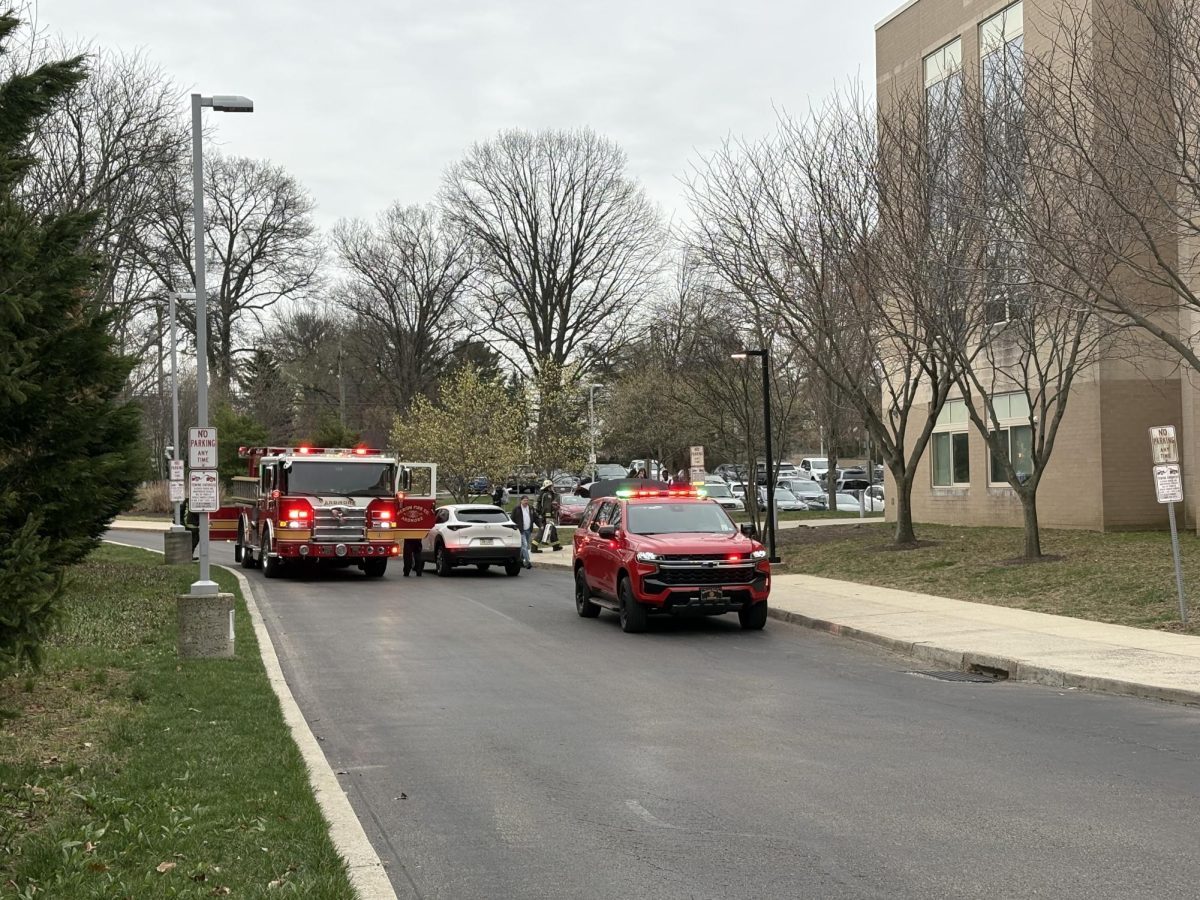In a court case from early February, LMSD was found to be violating Pennsylvania’s state constitution. The district was sued over reverse appeals, a process where districts ask to re-evaluate the value of a specific property to increase tax revenue, and the case highlights larger questions about LMSD school funding.
As a public district, LMSD receives a portion of its funding from local property taxes. According to Superintendent Dr. Steven Yanni, in LMSD, this portion is close to 84 percent, leaving the district largely dependent on property taxes for funding. All PA school districts have it within their power to request “reverse appeals” on certain properties that they view as undervalued, or properties they believe are paying less in taxes than what the land is actually worth. This means they can ask for those properties to be reassessed and re-evaluated, which then raises the total amount of property tax the district receives from that property.
LMSD was recently sued by a district resident after his property was reassessed, arguing that LMSD unfairly targets commercial properties over single family homes, violating a clause in the PA state constitution that requires all types of properties to be treated equally in matters of taxation. As reported in The Philadelphia Inquirer, the district attempted to reassess 29 properties, 26 of which were commercial or apartment buildings, in a district that is majority single family homes. This unequal distribution was deemed unconstitutional by the Pennsylvania supreme court in February of this year, when they ruled that LMSD cannot continue to discriminate or target certain types of properties in reverse appeals.
Yanni shared that, in his experience, these kinds of reverse appeals are common for school districts. He says commercial buildings and apartments were more often reassessed because reverse appeals are a costly legal process; “Most of the time, [districts] go after seeking adjustment to commercial properties, because home values and the tax value coming from a home is dwarfed by the revenue coming from a commercial property.” Commercial property values often fluctuate massively over time, and tend to be much more valuable than residential properties, which meant LMSD prioritized getting reassessments on them.
“Interestingly enough, the decision sounds worse than it is,” says Yanni. “You hear that LMSD did something unconstitutional, but it’s been a long standing practice in districts to look at commercial properties you believe are under assessed.” In Yanni’s view, the ruling shows that changes must be made going forward, but doesn’t reveal any particular wrongdoings on the part of the district. “It sounds like we did something wrong, but there’s nothing illegal about it. It’s a common practice that is no longer going to be accepted,” says Yanni.
When asked how this decision affects LMSD’s funding moving forward, Yanni says the district will need to wait and see how this impacts budget and financing down the road, but made it clear that LMSD was not ordered to pay any retribution or fines as a part of the lawsuit. To Yanni, the biggest change is that “if, in the future, we see properties that are under-assessed and we want them to be reassessed, we just need to be more careful.”
On the whole, Yanni highlighted the broader financing challenges that LMSD faces, sharing that “For a long time there was a lot of revenue, but over the last couple of years we added an 11th school, we added staff, and we added programs, and we’re in this place now where there isn’t as much money as there was before, and now we have to be really careful when we make decisions.” LMSD has recently seen large increases in expenditures, through initiatives like full-day kindergarten, delayed start times, and the building of Black Rock Middle School, and needs to keep up with these rising costs.
Gwen Shapiro ’25, president and founder of Funding Real Education Equity, a student club at LM advocating for fairer school funding in PA, argues that LMSD is more than able to handle these costs. Shapiro pointed out PA’s Basic Education Funding Commission (BEFC), which “took a look at the districts that were meeting state standards and calculated the average of those school districts, and they found that number to be 13,704 dollars per weighted student.” (The weighted student count adjusts the total student population to account for students with higher needs, like disabled or lower income students.) That 13,704 dollar per weighted student number has been adopted as the target for adequate funding across the state. Meanwhile, LMSD spends over 22,000 dollars per weighted student, which is more than any other district in the state. Shapiro believes “I think it’s very inappropriate when people say we don’t have enough money. We have more than enough.”
“I think a lot of people misunderstand just how much excess money we have, and the injustices that come with it. In order for us to be underfunded, we would have to lose more than a third of our funding,” says Shapiro. Shapiro is somewhat suspicious of administration predictions for declining revenue. LMSD has been audited twice by the state, both in 2017 and 2023, and she says that “they found LMSD oftentimes misrepresents its financial circumstances by having very conservative estimates of how much it will bring in and large estimates of expenditures that don’t come to fruition.”
Community members and administrators seem to agree this lawsuit likely doesn’t represent a large failure by the district, but merely signals the need for a change in policy moving forward. More than anything, Yanni and Shapiro both highlighted LMSD’s high profile nature and history of legal involvement, commenting that this lawsuit is mostly newsworthy because of LM’s reputation as one of the most well funded and highest ranked districts in the country. Yanni explains, “There is this belief that there’s a lot of wealth in the district, so people are more likely to fight if they think they’ll be able to get some remuneration from the district.” According to Shapiro, LMSD spends the second largest amount of money on legal fees of any district in the state, and more per student than every other district, and has a history of getting embroiled in lawsuits with the community.
Overall, while LMSD was found guilty of violating PA’s state constitution, the recent lawsuit is only one part of a larger discussion on LMSD school funding and legal practices. Yanni hopes that moving forward, the district can prevent future lawsuits while maximizing funding for school programs. “I’m committed to working with the community. It’s all one pot of money, and I’d really rather spend money on kids, teachers, and education than on lawsuits,” says Yanni.






